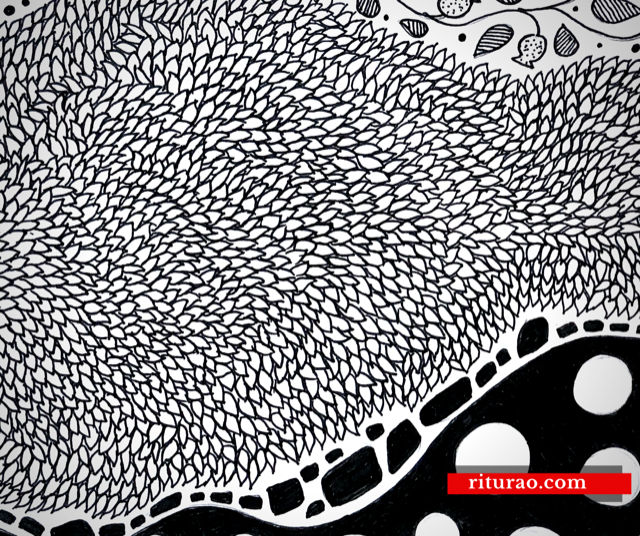Chances are you’ve come across the term deliberate practice. A brainchild of psychologist Anders Ericsson, the term was born from studies on how people became experts. It then streaked a hot trail into the mainstream productivity, business and management arenas.
The concept of deliberate practice—which is different, and more focused and purposeful than mere practice—is a guide, a path to improve skill and craft (within the boundaries of your natural abilities and inclinations, of course) to reach an expert level.
When I first came across this idea, I was already late to the party. I explored it nonetheless. Besides, it was hard to miss; books, articles, blog posts, you name it, everyone mentioned it.
Deliberate practice, in essence, knocks innate talent off the glorious throne of success and takes the seat instead. It says that while in a few instances talent is what leads to mastery and expertise, mostly it is focused, sustained practice (the famed 10,000 hours) that makes one an expert. At one point or another, most of us have desired to be better professionally or personally, create better habits, excel at or gain a new skill, and achieve the consequent goal or reward. The appeal of a viable alternative to talent is undeniable.
I found the notion liberating, yet overwhelming at the same time. And to be honest, a little hollow. As with most things, I tend to seek a deeper meaning, a “hook” that resonates within and aligns with my truth. Despite sound logic and ample evidence, I was ready to slide the whole idea into the “great, but I guess not for me” slot.
That is, until recently, when I found what feels (to me) the true purpose of deliberate practice.
The term, as I initially understood it, offered means to a better end (the prize; the promotion, the raise, the accolades). You put in the practice, you keep getting better and you win.
In his book The Great Work of Your Life, Stephen Cope outlines the life of poet John Keats. As Cope writes, Keats realized that real fulfillment is not about the approbation of critics, but rather came naturally through the experience of bringing forth the best that was in him.
That is what deliberate practice is for.
Not to produce excellence or a great result (those are but wonderful side effects), but the experience of bringing forth your best within. That’s what transforms. That’s what fulfills.
Deliberate practice asks for focus, for presence. And in being present, there are moments of surrender, a receptivity to experience, a new kind of freedom, a sense of faith in the process itself. Cope describes it as a “transcendence of time through the outpouring of the soul”.
For many of us, the reward alone is never meaningful enough. A “soul connection” is necessary. If you’ve ever wondered why you can’t seem to overcome certain obstacles or find yourself getting in your own way, perhaps this is the key. Perhaps this is what you need, or rather, need to bring forth, to be deliberate on any path and keep moving forward.

Over the years I’ve felt myself zeroing in on this concept in my work/art/stuff. Meaningful and satisfying to have it spelled out like this.
Thanks Joel! Appreciate it!